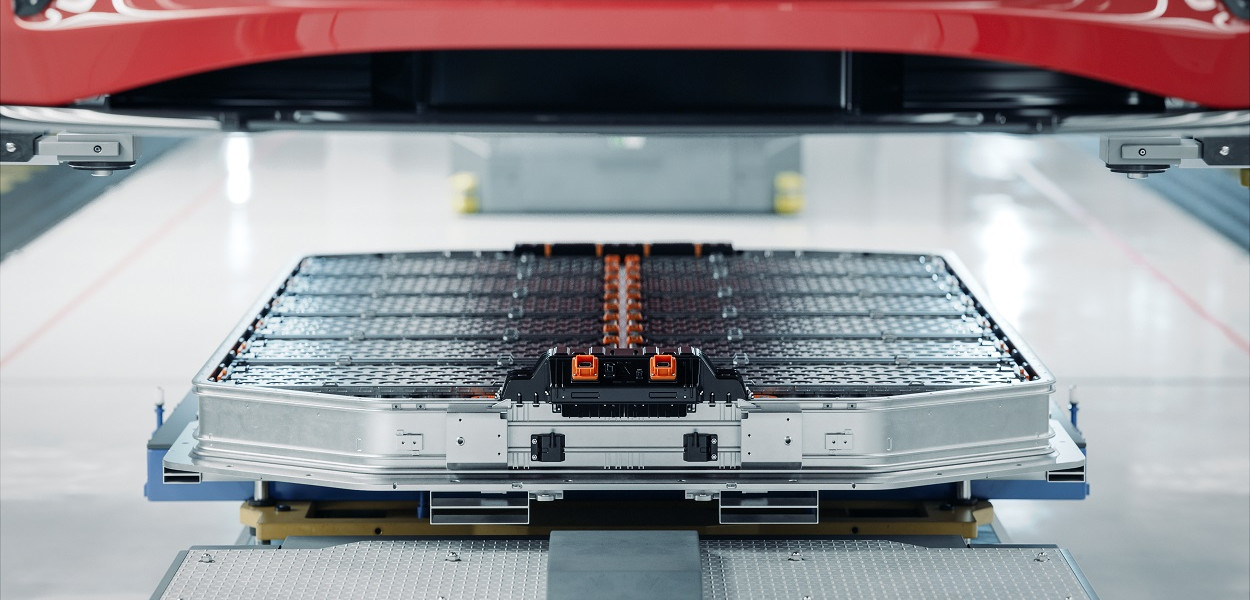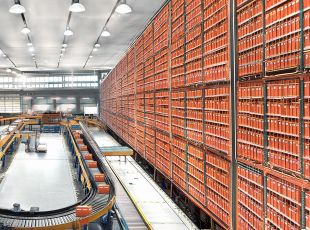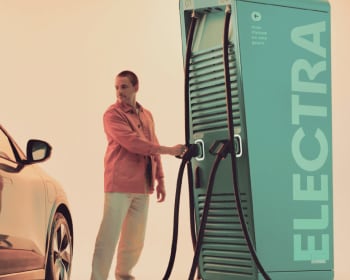Their presence in Europe is the result of several converging factors: political impetus following growing awareness of the urgency of climate change, public support through significant subsidies such as the European Green Deal, a solid European market for automotive suppliers, and technological advances that make EVs competitive with internal combustion vehicles.
Fabien Levaillant, Managing Director of the Low Carbon Transition Group at BNP Paribas
The key challenge of structuring projects
The main challenge of these large-scale industrial projects is their implementation and financing.The sector is far more capital intensive than other established energy transition sectors, such as renewable energy production, with investments rarely falling below one billion euros per project.
Financing these projects requires sophisticated analysis and specialist support. As advisors, we had to go beyond the traditional framework of project finance to create innovative structures tailored to the specific challenges of this sector and attractive to institutional investors, both in terms of equity and debt.
Fabien Levaillant









